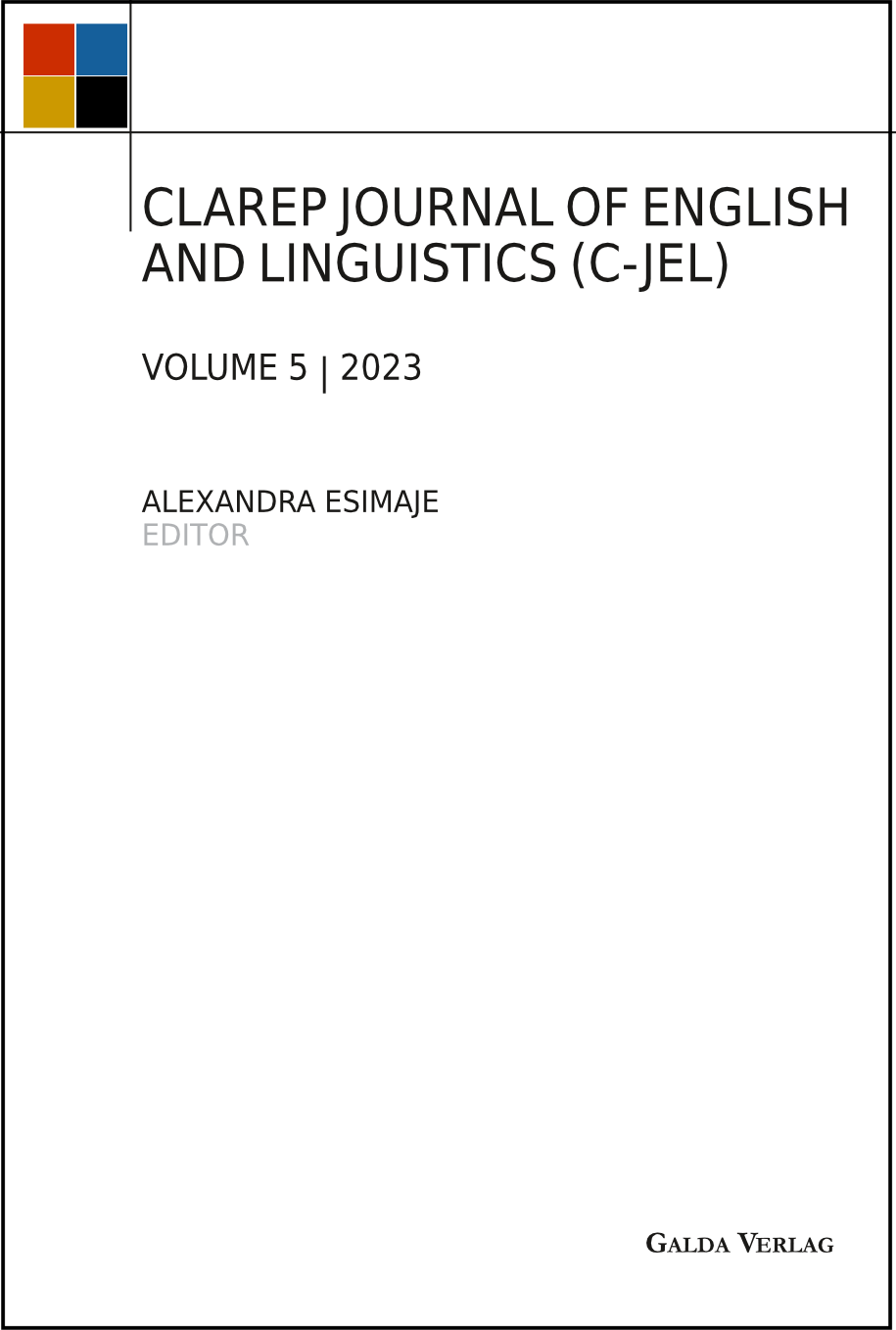Oil, the Perennial Ache of the Niger Delta: A Critical Perspective on Two Collections of Poems
CLAREP Journal of English and Linguistics (C-JEL)
Author: Clement Idegwu
Institution: University of Delta, Nigeria
Email: idegwucc@yahoo.com
Abstract
This paper examines the mutuality between human beings and their ecologies and the inevitable role of literature in critiquing these relationships, highlighting the beauty and the errors there in and what needs to be done to better the human world. This paper investigates the current state of the nation, Nigeria, and acquaints the people with the view that ecologies are over exploited by the Nigeria ruling class, in connivance with the multinational oil companies, leaving behind monumental and devastating ecological imprints on the landscape, fauna and flora. It investigates the poets’ intervention, the governments nonchalant attitude towards the peoples’ predicaments, the geometrical progression of poverty in the land and the way out of the dilemma. Using Ecocriticism, a trans-disciplinary approach, which scrutinises the relationship between biological sciences and literary imaginative works, the paper analyses the Ibiwari Ikiriko’s Oily Tears of the Delta and Sophia Obi’s Tears in a Basket which demonstrate the collective silence towards the exploitation of the Niger Delta region of Nigeria. This paper highlights, from the ecological perspective the pains of the Niger Delta region resulting from the environmental degradation, corruption and the criminality of the Nigerian government and the multinational oil companies. It also finds that there is a deliberate debasing of the nations landscape and calls on the government to do the needful. The paper concludes that there is a deliberate attempt to reawakening the peoples to rise up to the challenges of the moment in view of government insensitivity.
Keywords
Ecologies, exploited, ecocriticism, devastating, environmental degradation and Niger Delta.
Pages: 83-105
ISSN: 2698-654-X
ISBN: 978-3-96203-308-8 (Print)
ISBN: 978-3-96203-309-5 (PDF)
DOI: https://doi.org/10.56907/gsox7rm1

